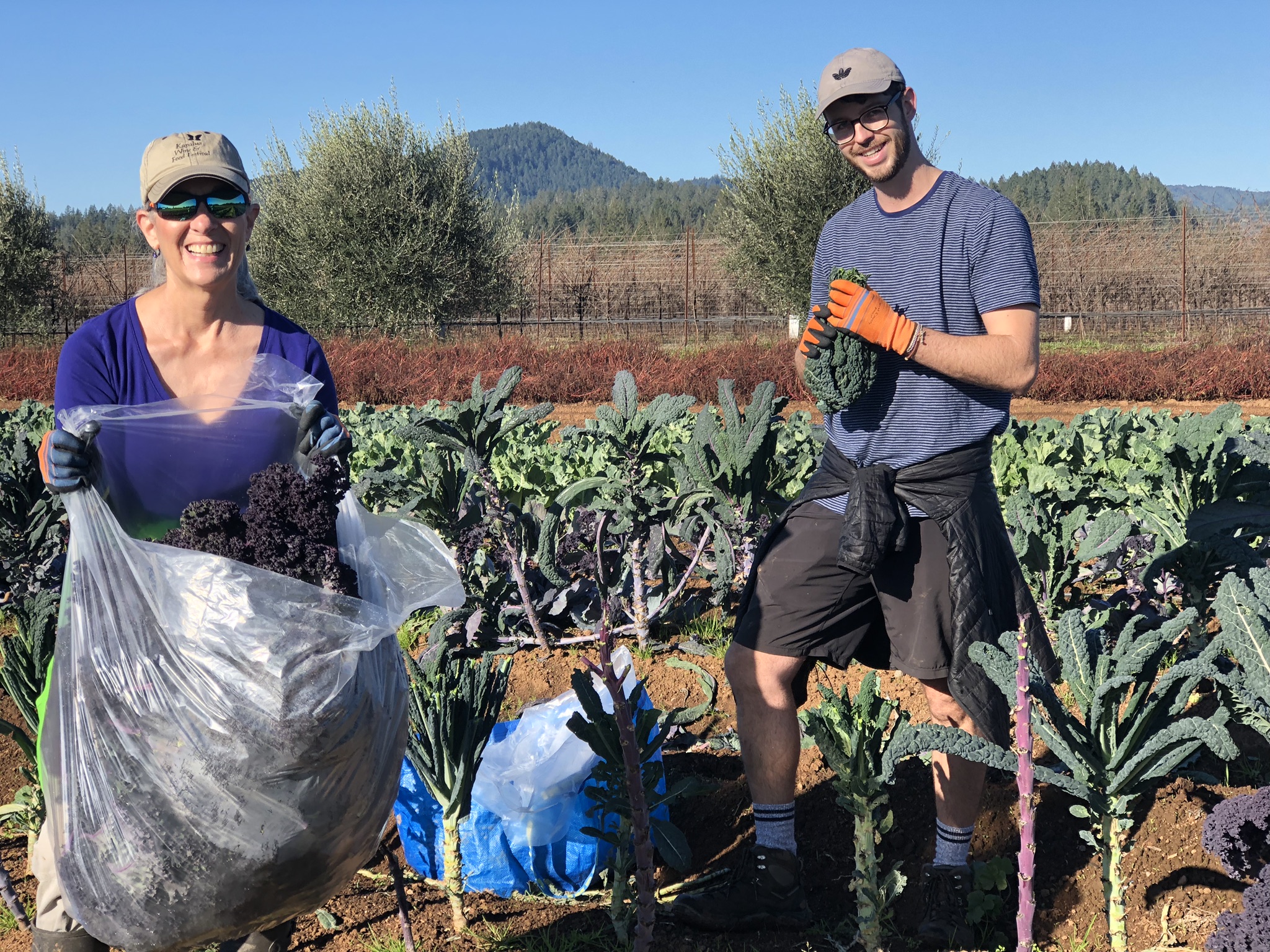
As you stroll down the wine aisle of your local grocer searching for the perfect wine to pair with your Sunday supper, there is little doubt that most of us are the least bit concerned about the health of the land the grapes were farmed on or the living conditions of the migrant workers who harvested the grapes. Perhaps more of us should be concerned. Poor soil and air combined with a dwindling pool of migrant workers will eventually hit us right where it counts… in the wallet.
Sonoma County Winegrowers is an “educational and marketing organization that is dedicated to the promotion and preservation of Sonoma County as one of the world’s premier grape growing regions,” according to the company’s website. President Karissa Kruse has enacted global and local marketing initiatives to keep Sonoma County grapes and wine on the world’s center stage in an effort to become the country’s first 100% certified sustainable wine region. To date, 97% of the county's vineyard acreage has been certified through a sustainability program.
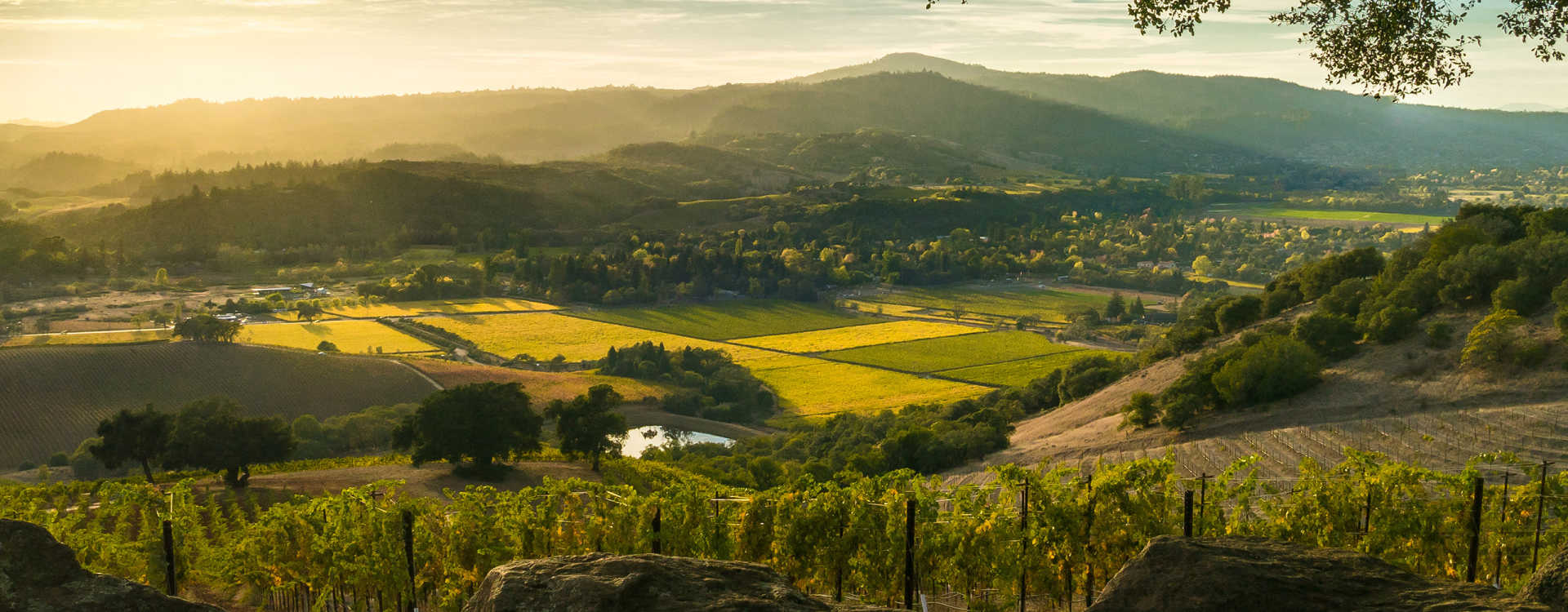
Due to its microclimate and fertile soil, Sonoma County is California’s largest wine producer and home to some of the world’s best Pinot Noirs, Zinfandels, Chardonnays, Merlots and Cabernet Sauvignons. There are more than 495 wineries that cover nearly 60,000 acres with 18 distinct AVAs , including Sonoma Valley, Russian River Valley, Alexander Valley, Bennett Valley, and Dry Creek Valley.
So what exactly is sustainable winegrowing and what can you do to help? I was fortunate enough to attend Sonoma County’s inaugural sustainability camp in late April where I learned more about the topic. According to the Wine Institute, “Sustainable winegrowing is a comprehensive set of practices that are environmentally friendly, socially equitable and economically viable. These sustainable vineyard and winery practices conserve water and energy, maintain healthy soil, protect air and water quality, enhance relations with employees and communities, preserve local ecosystems and wildlife habitat, and improve economic vitality of vineyards and wineries.” Sustainable winegrowing aims to eliminate the factors that are plaguing farmers around the world. Most importantly, sustainable winegrowing provides multiple generations with the opportunity to contribute to their family’s business, as 85 % of Sonoma County’s vineyards are family owned and operated.
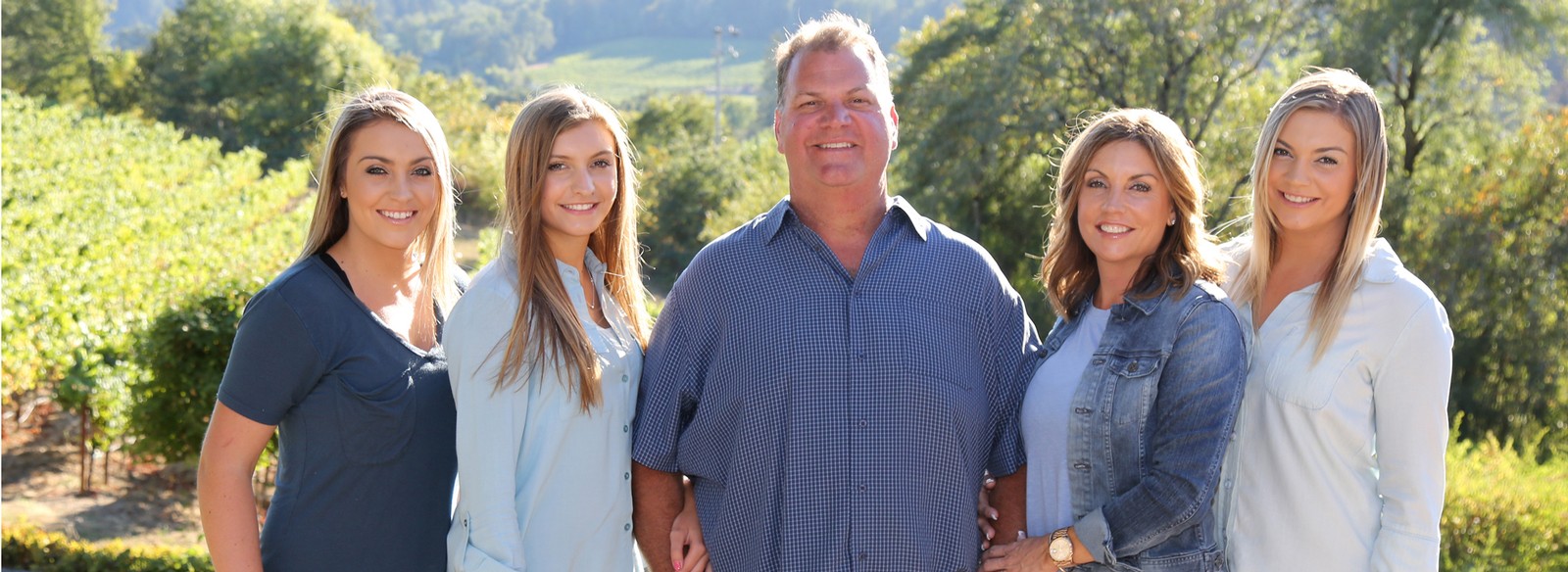
In a nutshell, sustainable farming aims to achieve the following:
Support Multi-Generational Farming
I had the pleasure of meeting with Dutton Estate Winery Brand Ambassador and Winemaker’s Assistant Kylie Dutton who is a 6th generation farmer. Upon graduation from the University of Arizona, she returned home to work alongside her family by utilizing her love of wine and agriculture to educate the trade and consumers as the Harvest Coordinator. In the past, many family owned wineries feared that it would not be economically feasible for the younger generations to return home but sustainable farming has now made this possible.
Implement Energy Conservation That Will Enhance Economic Growth
Jackson Family Wines proudly markets Sonoma County’s official sustainability label and takes sustainable winegrowing very seriously and has even produced a Responsibility Report that lists 10 specific goals that they intend to achieve by 2021. Included in the ambitious list: source 85% of all grower fruit from certified sustainable vineyards; commit to at least one land conservation project per year; power 50% of winemaking operations from onsite renewable energy generation; and further reduce water intensity per gallon of wine by 33% over 2015 baseline.
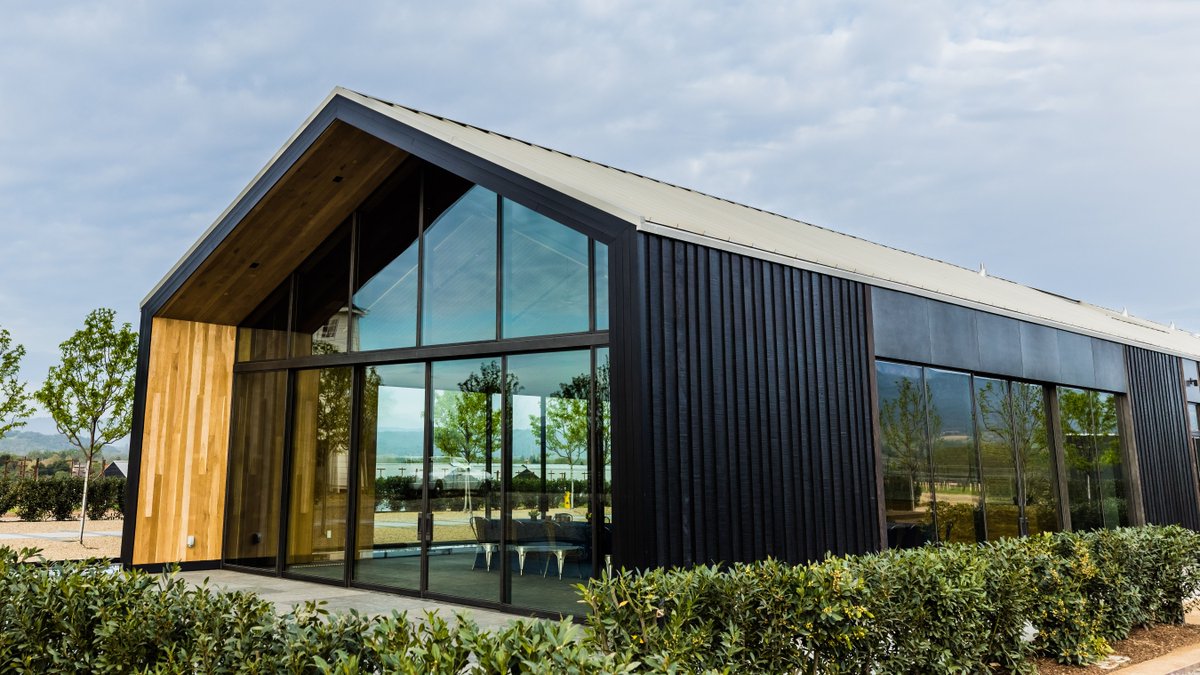
Preserve Local Ecosystems and Wildlife Habitats
Since 2013, Amista Vineyard in Dry Creek Valley has been working with the Sonoma County Water Agency to recreate a thriving habitat for endangered Steelhead trout and Coho salmon. The inspiring project has restored the creek while enhancing the environment, giving the fish a much needed resting place before journeying on. Amista is most noted as being the premier producer of Dry Creek Valley sparkling wines. Using the traditional champenoise method, Amista is the first winery to make sparkling wine from Dry Creek grapes. The inaugural release of their Amista Blanc de Blanc scored 91 points and won a gold medal in the Press Democrat’s 2013 “Best of the Best” North Coast Wine Challenge.
Enhance Relations With Employees and Communities
Part of my sustainability camp experience included a personalized tour and look behind the scenes of employee housing and vineyard planting decisions at one of sustainable farming pioneer Duff Bevill’s vineyards. Farming wine grapes in Sonoma County for over 35 years, Duff and his wife Nancy own and lease a total of 80 acres of their own vineyards in the Dry Creek and Russian River Valleys. This past October, Bevill was named 2018 Sustainable Farmer by Sonoma County Harvest Fair and Sonoma County Winegrowers.
As the owner of Bevill Vineyard Management, Bevill employees 60 full-time workers year-round and implements hiring practices that attract and retain skilled and reliable vineyard workers which in turn improves productivity, profitability and sustainability. Bevill states,“I have long felt that sustainability is the best approach to ensure we protect our land for future generations. It will also improve the quality of life for our employees, and enhance the community where we live and work. This effort to become 100 percent certified speaks volumes about our love for the land in Sonoma County, our commitment to environmental stewardship and that we value what is important to our consumers, including being good employers.”
How can you do your part? Quite simply recognize the vineyards who strive to better our collective environment by purchasing Certified Sustainable wines from Sonoma County. Below is a list of places to stay and visit should you decide to plan a trip to Sonoma County.
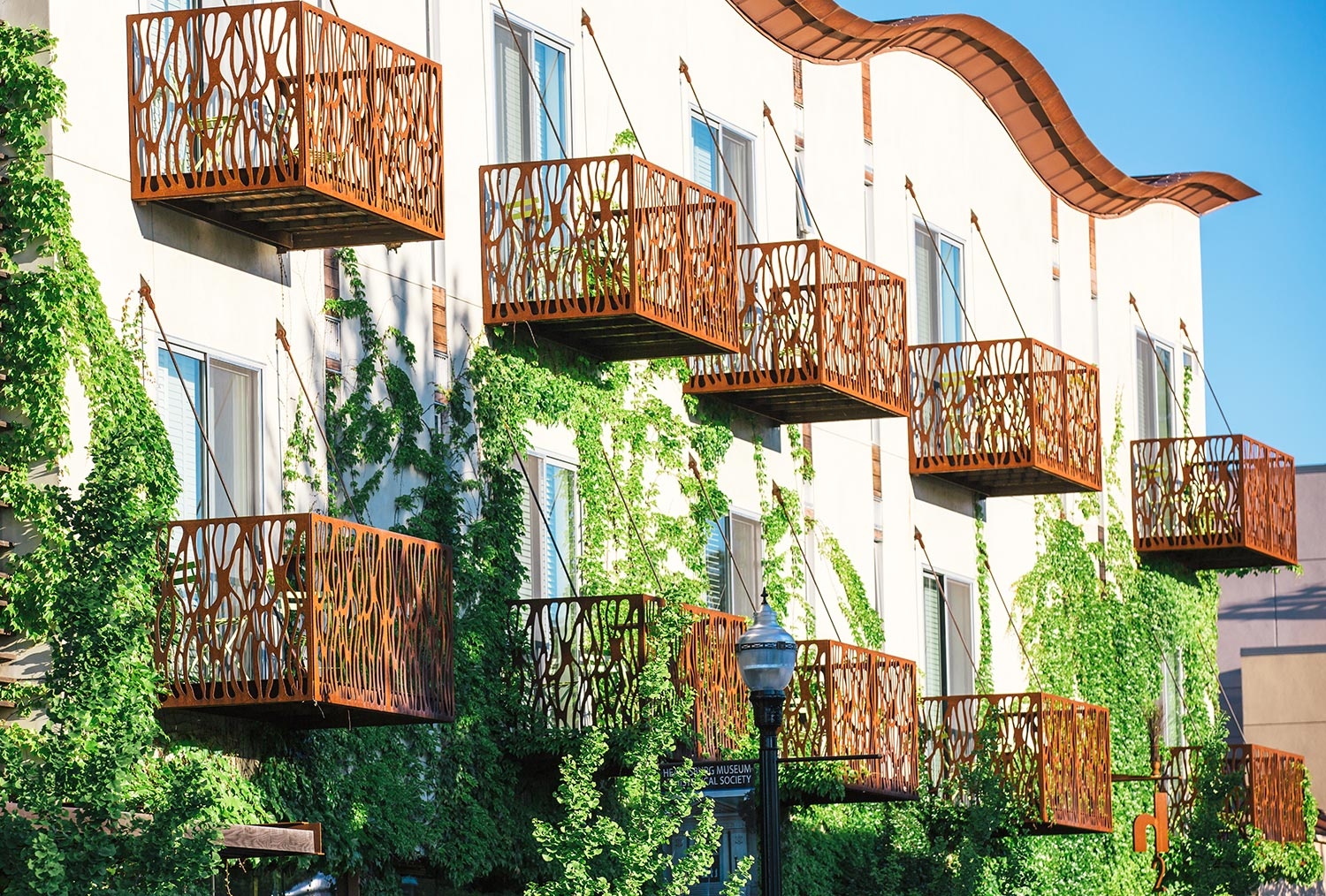
Stay:
H2 Hotel is a LEED Gold Certified boutique hotel located in Healdsburg that features a living roof.
Eat:
Play:
Take a Wine Education Seminar at Medlock Ames with a Master Sommelier
Volunteer to go gleaning with Farm to Pantry
Take a cooking lesson at Relish Culinary Adventures
Tour:
